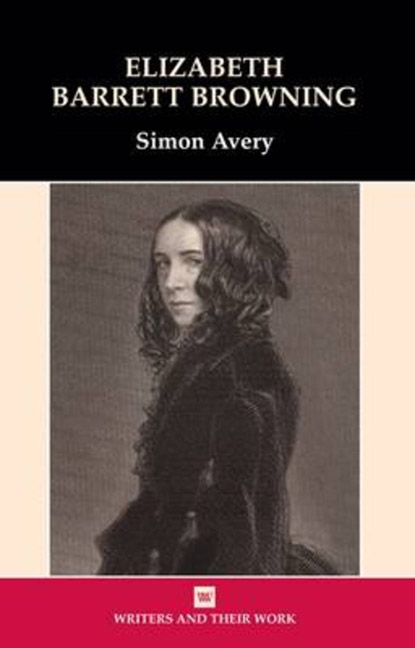Book contents
- Frontmatter
- Dedication
- Contents
- Acknowledgements
- Biographical Outline
- Abbreviations and References
- Preface
- 1 The Shaping of a Poetics
- 2 The Search for a Spiritual Home
- 3 The Search for an Emotional Home
- 4 The Search for a Political Home
- 5 Restructuring Home: Aurora Leigh
- Conclusion: The Exile and the Empty Home
- Notes
- Select Bibliography
- Index
4 - The Search for a Political Home
- Frontmatter
- Dedication
- Contents
- Acknowledgements
- Biographical Outline
- Abbreviations and References
- Preface
- 1 The Shaping of a Poetics
- 2 The Search for a Spiritual Home
- 3 The Search for an Emotional Home
- 4 The Search for a Political Home
- 5 Restructuring Home: Aurora Leigh
- Conclusion: The Exile and the Empty Home
- Notes
- Select Bibliography
- Index
Summary
In the last chapter I explored some of the ways in which the speakers and protagonists of EBB's poems of the 1830s and 1840s seek for the security of a ‘home’ through human relationships and love, and how this search is often defeated by dominant gender expectations, brutal power relations and patterns of betrayal. For whilst EBB's body of poetry repeatedly exposes the tensions which lie at the heart of emotional and sexual relationships, it is rarely able to offer a workable solution to them. The women in the ballads, for example, are constantly pushed to despair and self-annihilation, and the positive egalitarian world depicted in ‘An Island’ remains illusory and an imaginative fabrication. Even with ‘Lady Geraldine's Courtship’ and the highly-personal Sonnets from the Portuguese, in which the right to speech and equality is asserted, the establishment of a meaningful relationship remains highly problematic, founded upon a series of complex negotiations and the consideration of anxieties and concerns which might, at least in part, remain unresolved.
In this chapter I explore a different notion of ‘home’ in EBB's work, that of the free, liberal and supportive nation state which emerges from EBB's lifelong obsession with politics. As I noted in Chapter 1, and as I have explored in detail elsewhere, EBB was fascinated by politics from an early age, influenced by the male members of her family – her father, her Uncle Samuel and her brother, Edward – all of whom were active participants in the Whig party. As the party of opposition throughout the final decades of the eighteenth century and the early decades of the nineteenth, the Whigs had at the heart of their political philosophy a commitment to protecting the legal, civil and religious rights of the individual, rights for which EBB would spend much of her poetic career fighting. Indeed, the young EBB was already taking a public stance on these issues as early as 1817 when, aged just eleven, she sent a letter to the Lord Lieutenant of Herefordshire, Lord Somers, condemning the (temporary) suspension of the Habeas Corpus, one of the cornerstones of individual liberty, by Liverpool's Tory government.
- Type
- Chapter
- Information
- Elizabeth Barrett Browning , pp. 55 - 70Publisher: Liverpool University PressPrint publication year: 2011



